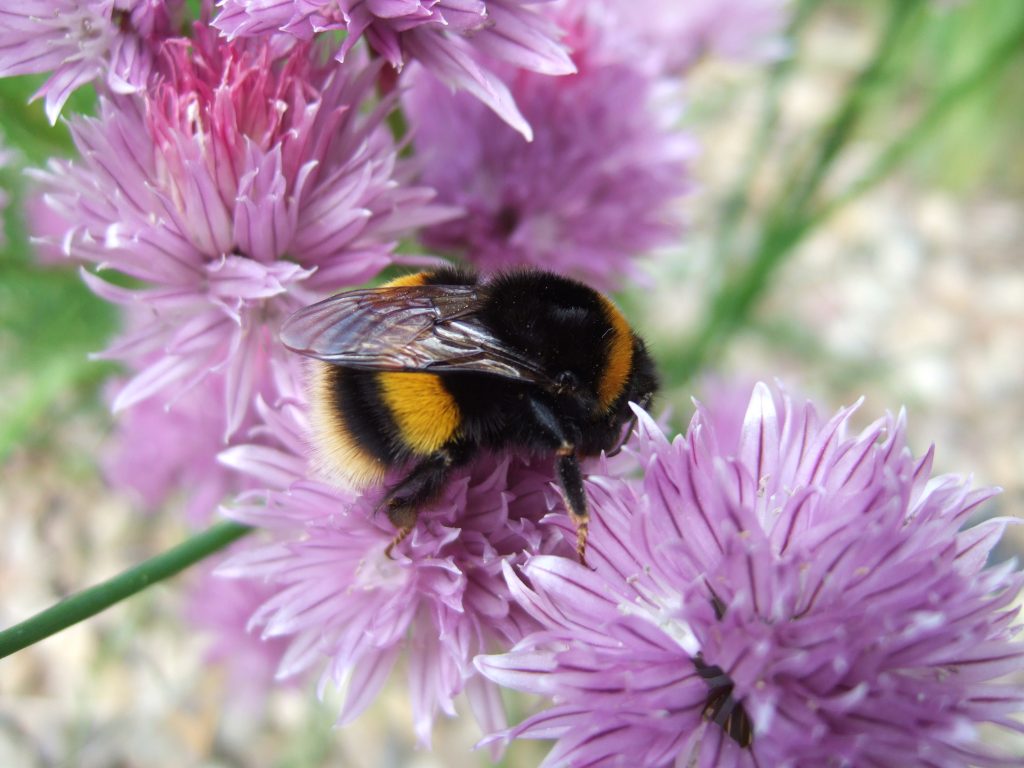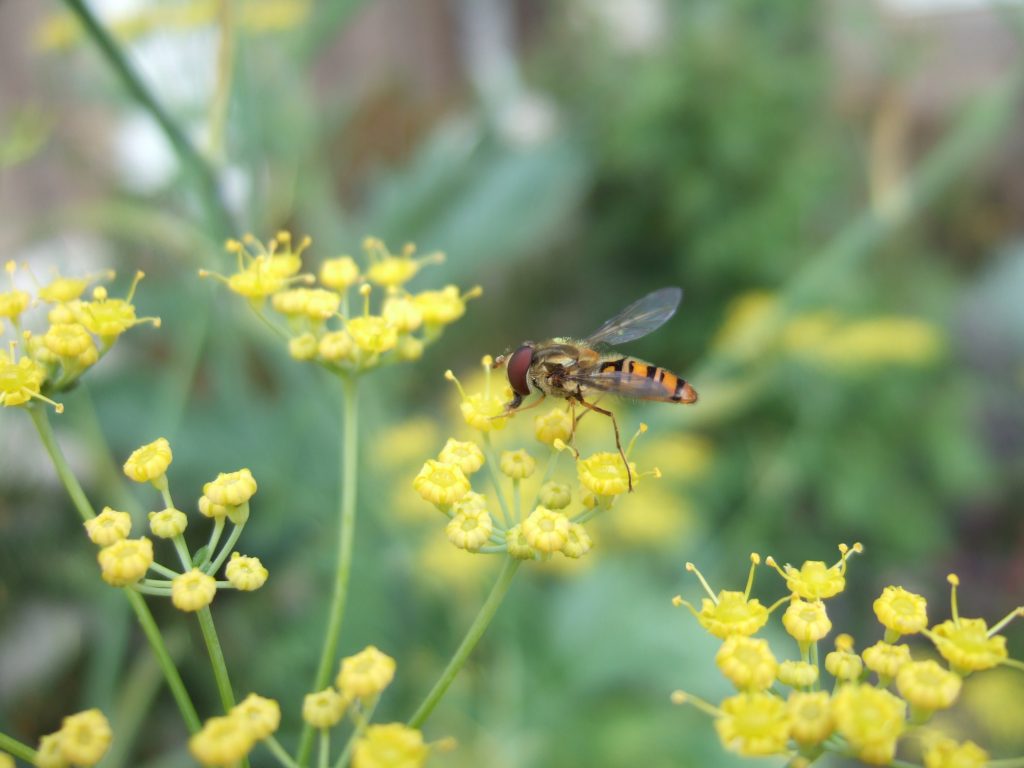This week is Scotland’s Nature Festival, a celebration of Scotland’s wildlife and landscapes.
Growing fruit and vegetables can sometimes feel like a battle against nature. There are hundreds of bugs and beasts that want to munch your crops as much as you do!
However gardens are very important havens for wildlife. Pesticides can be very damaging so they are best avoided. Wildlife-friendly gardeners believe that preventing pests from becoming a problem in the first place is the best method of pest control.
Wildlife-friendly pest control
1. Look after your soil.
- Healthy soil equals healthy plants which are less susceptable to pests.
- Add plenty of organic matter such as well-rotted compost or manure.
2. Choose pest-resistant crop varieties.
- Carrot ‘Resistafly’ shows good resistance to carrot fly.
3. Practice crop rotation.
- Don’t grow the same crop in the same space year after year; this helps to prevent the build-up of pests.
4. Use traps and barriers such as fine mesh and fleece to protect crops rather than pesticides.
5. Attract beneficial predators.
- Flowers such as marigolds planted amongst your vegetables, attract ladybirds and hoverflies which will gobble up your aphids.
6. Good hygiene.
- Check your plants regularly and remove pests so they don’t become a big problem.
- Always scrub out your pots.
7. Companion planting.
- Mixing different plants together may help to deter pests.
Top tips
- Leave a few carrots and cabbages to flower, they will attract aphid-eating hoverflies.
- Coarse bark or sharp gravel mulches help to deter slugs and snails.
- Avoid slug pellets they might harm hedgehogs.
- Pick off slugs and squash aphids whenever you see them.
For more hints and tips visit the John Hope Gateway this weekend 25th and 26th May, 1-4pm; the Edible Gardening team will be on hand to give advice and inspiration.


